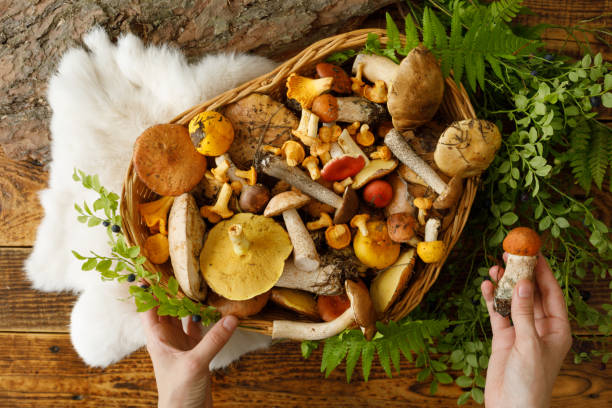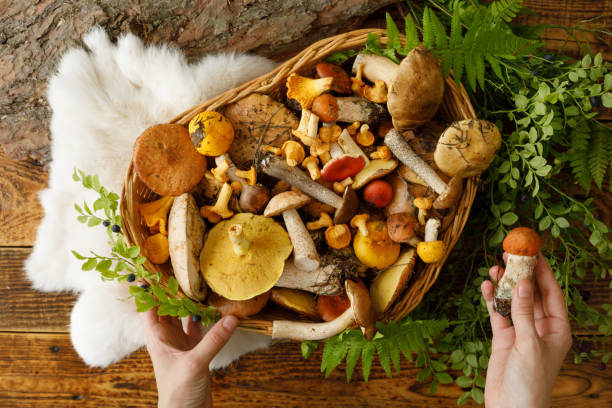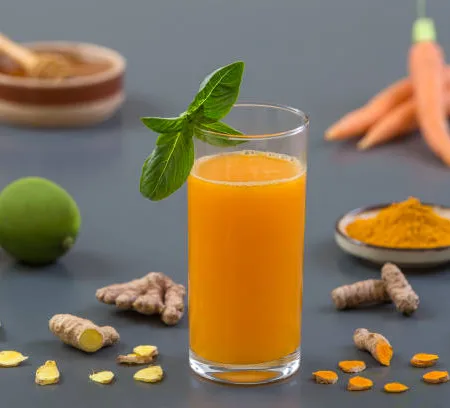What is taurine?
Taurine, a sulfur-containing amino acid, is often associated with animal-derived foods, particularly meat, seafood, and dairy products. Vegan sources of taurine are quite few, however, if you are following a vegan lifestyle, obtaining sufficient taurine solely from plant-based sources can pose a challenge due to its limited presence in plants. Despite this, there are some vegan-friendly sources of taurine that can contribute to meeting taurine requirements.
Where is taurine found?
Taurine is primarily found in animal-derived foods. However, some vegan sources that contain small amounts of taurine include seaweed, algae, and certain types of mushrooms.
These sources might not provide significant amounts compared to animal-based foods, so vegans may consider fortified products or supplements to ensure they meet their taurine needs.

Importance of taurine to the body
Taurine plays a crucial role in various bodily functions, including bile salt formation, heart and muscle function, antioxidant activity, and the development and function of the central nervous system.
Heart Health
Taurine supports heart function by regulating the heartbeat, reducing blood pressure, and helping to prevent arrhythmias. It may also protect against heart-related issues by improving the function of heart muscles.
Antioxidant Activity
It acts as an antioxidant, protecting cells against damage caused by oxidative stress. Taurine helps neutralize harmful compounds and supports overall cellular health.
Neurological Function
Taurine contributes to the development and function of the central nervous system. It plays a role in neurotransmission, supporting cognitive function, and may have a neuroprotective effect.
Bile Salt Formation
Taurine is involved in the formation of bile salts, aiding in the digestion and absorption of fats and fat-soluble vitamins.
Eye Health
It’s found in high concentrations in the retina, suggesting a role in maintaining eye health. Taurine might help protect against certain retinal degenerative diseases.
Muscle Function
Taurine is crucial for skeletal muscle function, playing a role in muscle contraction and development.
While typically abundant in animal tissues, vegans can incorporate certain plant-based foods and supplements to ensure they maintain adequate levels of this essential nutrient.
Vegan Sources of Taurine
Algae and Seaweed
Certain types of algae and seaweed, such as nori, dulse, and spirulina, contain small amounts of taurine. These marine-derived plants serve as potential sources for vegans seeking to increase their taurine intake.
Incorporating these into your diet through sushi rolls, salads, or as supplements can contribute to taurine levels.
Mushrooms
Some varieties of mushrooms, like shiitake and oyster mushrooms, contain trace amounts of taurine. While not as concentrated as in animal products, these mushrooms can still offer a modest contribution to a vegan diet’s taurine content.
Fortified Foods
Manufacturers often fortify certain plant-based products, such as plant milks, cereals, and energy drinks, with synthetic taurine. Checking product labels for added taurine can help vegans supplement their intake.
Taurine Supplements
Vegan-friendly taurine supplements made from synthetic or fermented sources are available. These supplements provide a convenient way to ensure an adequate taurine intake, particularly for those with dietary restrictions or concerns about meeting their nutritional needs through food alone.
How do you ensure Adequate Taurine Intake
While vegan sources of taurine exist, they may not offer the same concentration found in animal products. Therefore, it’s advisable for individuals following a vegan diet to pay attention to their taurine levels and consider regular monitoring or consulting with a healthcare professional or registered dietitian.
Conclusion
Maintaining adequate taurine levels on a vegan diet might require conscious effort and attention to dietary choices.
Incorporating algae, seaweed, certain mushrooms, fortified foods, and supplements can help vegans meet their taurine needs.
Nevertheless, it’s essential to strike a balance in one’s diet to ensure sufficient intake of all essential nutrients for optimal health.
Remember, while these vegan sources can contribute to your taurine intake, considering a varied and balanced diet remains key to overall nutritional well-being.










